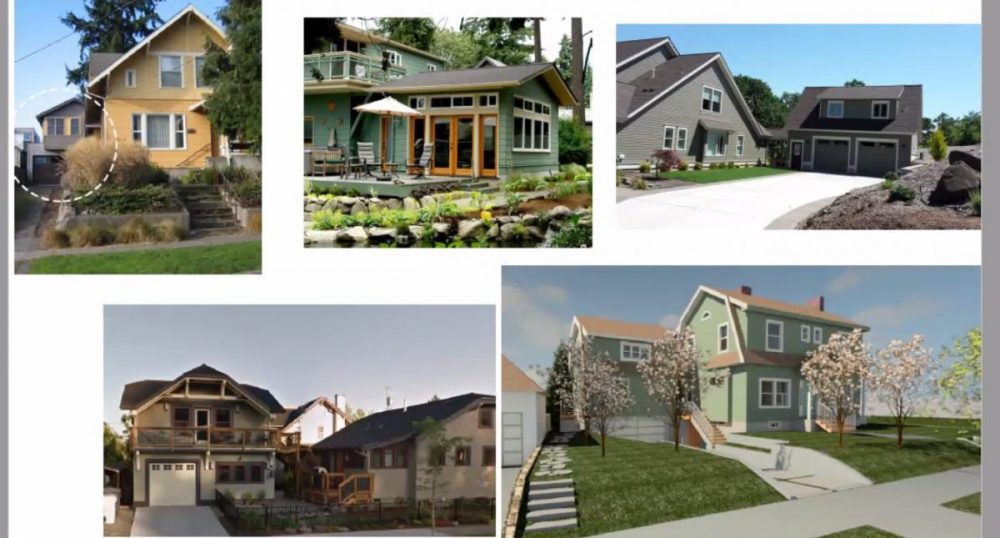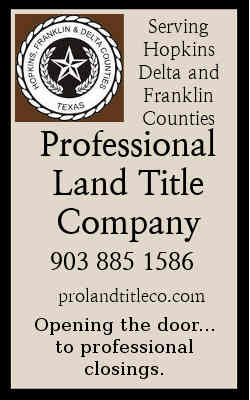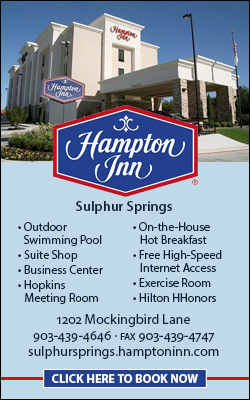Sulphur Springs Planning & Zoning Commission heard two proposals July 20 from city staff to amend zoning ordinances, and is recommending both to the City Council. One proposed amendment defines cosmetic tattooing and permanent makeup and establishes zones in which salons would be allowed to provide those services without a special use permit while the other defines accessory dwelling unit, as well as eligibility, criteria and zoning in which they would be allowed.
Cosmetic Tattoo/Permanent Makeup
Sulphur Springs Community Development Director Tory Niewiadomski explained that the P&Z Commission has received several requests for special use permits from salons and beauty shops to perform cosmetic tattoos or permanent makeup services including microblading.

At least 2 special permits requested for these services have been approved since in the last few months, one for a Hillcrest Drive business and one for a Main Street business.
The city’s zoning ordinance doesn’t specifically identity these uses, which have been classified as a special use under Article 20, and are treated as tattoo and body piercing parlors.
After many discussions over the last few months, city staff proposed defining “permanent makeup and cosmetic tattoos,” then allowing these services as a “use by right” in commercial zoning districts or in multi-family zoning, if performed as an ancillary use within a beauty shop or salon.
As proposed, a cosmetic tattoo/permanent makeup would be defined as “a cosmetic technique which employs tattoos (permanent pigmentation of the dermis) as a means of producing designs that resemble makeup, such as eyeliner and other permanent enhancing colors to the skin of the face, lips, and eyelids. It is also used to produce artificial eyebrows, and to disguise scars and blemishes to the skill to provide a more natural appearance.”
The Planning and Zoning Commission approved the proposal, which is being sent to the City Council for consideration as a zoning ordinance amendment during a future meeting. The City Council will have final approval on the ordinance amendment.
Accessory Dwelling Units
Accessory dwelling units too have been discussed at various city meetings in recent months as a means of “promoting infill development to help pay for infrastructure costs.”

Essentially, an ADU is a smaller, secondary home on the same lot as a primary dwelling, often referred to as granny flats, garage apartments or in-laws’ houses.
The goal in allow ADUs is four-fold:
- Increase the number of housing units while respecting the style and scale of single-dwelling development.
- Bolster the efficient use of existing housing stock and infrastructure.
- Provide housing that is affordable and respond to the needs of smaller, changing households.
- Serve as accessible housing for older adults and people with disabilities.
City staff recommended amending another zoning ordinance to allow for one of these structures on a residentially zoned, single-family lot. One of the two structures would need to be owner occupied, as there will be a deed restriction on the property, with approval from the city.
As proposed ADU’s would be treated as a separate single-family home from a utility billing standpoint. If approved as presented any habitable already existing accessory dwelling unit would be grandfathered in as a “non-conforming use that does not conform” to ADU standards. Mobile homes or manufactured homes would conform to the recommended ADU standards. Portable buildings most likely would not meet the design criteria as proposed for ADUs.
Additional parking would be required if parking for the ADU displaces existing parking for the primary dwelling, and must be on an improved or paved surface, not on the grass.
The proposed zoning amendment also provides design specifics such as size, height, entrances and stairs, and yard and building setbacks for ADUs.
The Planning and Zoning Commission, during the July 20, 2020 Zoom meeting, accepted the proposed policy as presented. City staff anticipate presenting the proposed ADU and cosmetic tattoo/permanent makeup zoning ordinance changes to the City Council at their August meeting.







